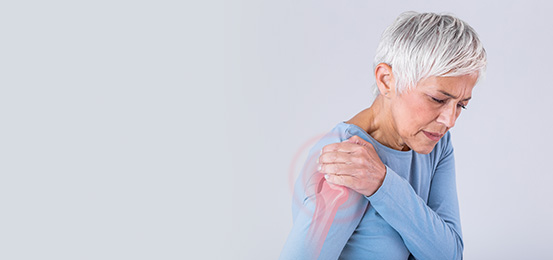
COMPLETE THE FORM TODAY TO CLAIM THE
NEW PATIENT SPECIAL OF $37
(Normally $448)!
*Applies to Neuropathy, Knee, Shoulder, Plantar, and Chiro services

*Applies to Neuropathy, Knee, Shoulder, Plantar, and Chiro services
We are a full-service chiropractic practice and aim to support the health and wellness needs of our community. We are committed to providing top-quality chiropractic care to you and your family. Our office has cutting-edge technology to better diagnose and provide ongoing treatment to our patients.
Learn more about our personalized Physical Medicine services.





Dr. Nebben opened his practice in Clarksville TN in 1999. He graduated from Life University in Marietta Georgia in June of 1998. He studied his undergraduate at Jacksonville State University in Jacksonville Alabama. He is a member of the American Chiropractic Association (ACA) and the Tennessee Chiropractic Association, (TCA).
Dr. Nebben uses the latest technology in caring for his patients using the Impulse Adjusting Instrument. This patented and FDA registered device was developed to provide gentle and precise chiropractic adjustments. He also uses Cold Laser Therapy to help accelerate the healing process.
